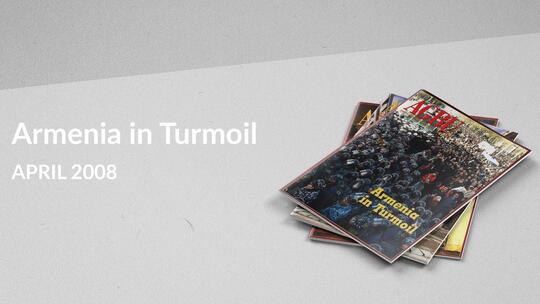by Lincoln A. Mitchell
Presidential races in Georgia, Armenia and Russia were not just bumps on the road to democracy, and that's a big problem for democracy advocates.
Georgia, Russia and Armenia have all held presidential elections this year, and in each case, the outcomes demonstrate that efforts to strengthen democracy are either stagnant or, more worryingly, failing.
In Russia, we saw a well-orchestrated and smoothly run undemocratic election, and there was little democracy advocates or international observers could have done to change that.
